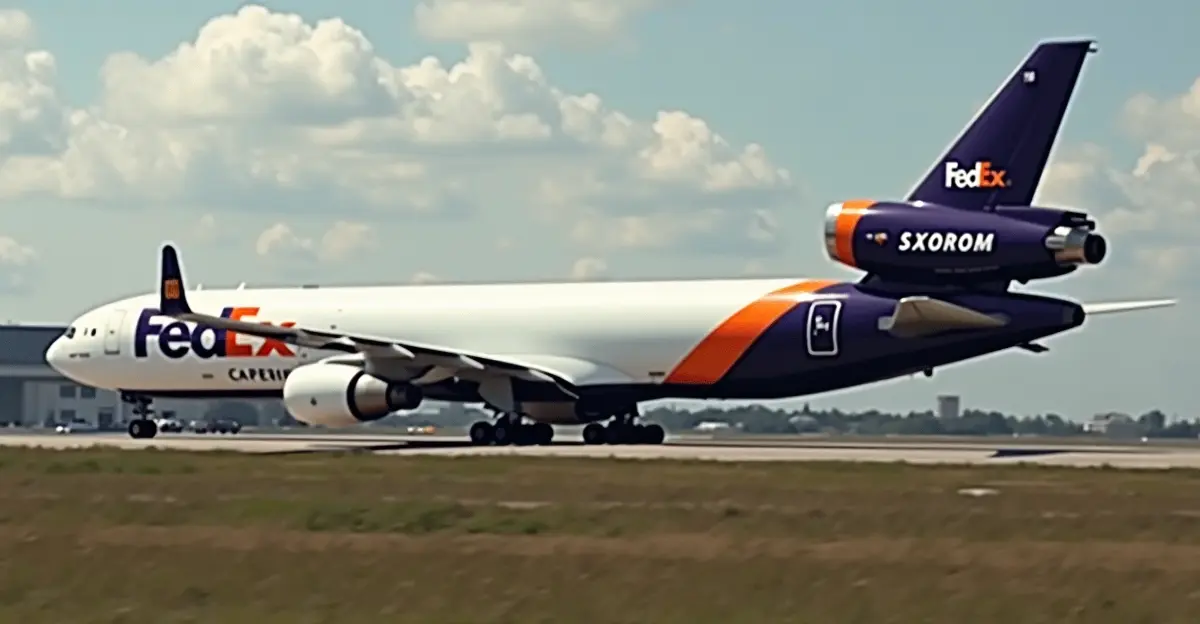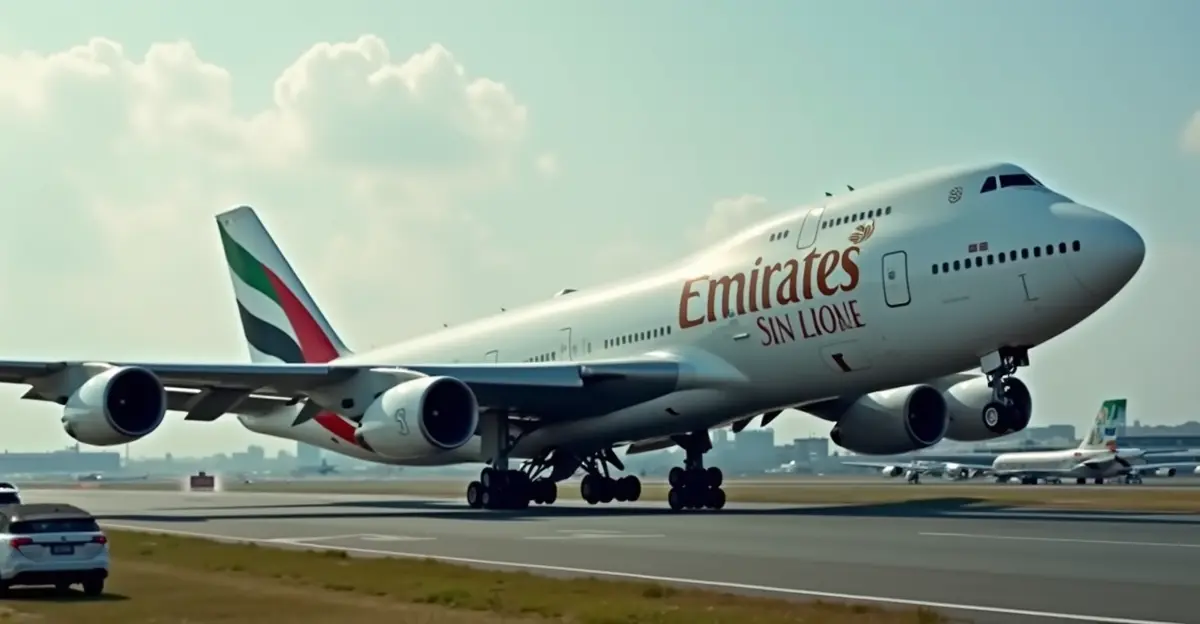UPS and FedEx ground MD-11 cargo fleets after deadly Louisville crash kills 14. Boeing recommends suspension pending engineering analysis. Grounding affects 9% of UPS and 4% of FedEx fleets.

Major Cargo Carriers Suspend MD-11 Operations Following Deadly Crash
In a significant safety move, global shipping giants UPS and FedEx have temporarily grounded their entire fleets of McDonnell Douglas MD-11 cargo aircraft following a fatal crash near Louisville, Kentucky. The decision comes after a UPS MD-11 cargo plane crashed on November 4, 2025, killing at least 14 people in what has become the deadliest incident in UPS Airlines history.
Safety Precaution Following Tragic Incident
Both companies acted on recommendations from Boeing, which acquired McDonnell Douglas in 1997 and continued the MD-11 program until production ended in 2000. 'Out of an abundance of caution and in the interest of safety, we have decided to temporarily ground our MD-11 fleet,' stated a UPS spokesperson. The grounding affects approximately 9% of UPS's total fleet and about 4% of FedEx's 700-aircraft fleet, representing 28 MD-11s for FedEx alone.
The crash involved UPS Flight 2976, which was en route from Louisville Muhammad Ali International Airport to Honolulu when it went down in an industrial area shortly after takeoff. According to the National Transportation Safety Board, the aircraft experienced a cockpit bell alarm during takeoff, with the left wing catching fire and an engine detaching before the plane crashed in a massive fireball while carrying 255,000 pounds of jet fuel and up to 20,000 packages.
MD-11 Safety Record Under Scrutiny
The MD-11 has a concerning safety history with ten hull-loss accidents globally, resulting in over 244 total deaths. The aircraft's hull-loss rate is significantly higher than other wide-body freighters, raising questions about the aging fleet's reliability. Many MD-11s in service are over 30 years old, having been converted from passenger to cargo configuration after the type was retired from passenger service in 2014.
'The MD-11 has always had design challenges, particularly with landing stability and what pilots call flip-over incidents,' explained aviation safety analyst Michael Reynolds. 'This grounding highlights the urgent need for fleet renewal across the cargo industry.'
Global Supply Chain Impact
Despite the significant grounding, both companies assure customers that global package delivery will continue uninterrupted. 'We have activated contingency plans to ensure minimal disruption to our global delivery network,' said a FedEx representative. The companies are utilizing other aircraft types and optimizing routing to maintain service levels.
The grounding affects approximately 70 MD-11 aircraft across three major operators: UPS, FedEx, and Western Global Airlines. While UPS and FedEx have fully complied with Boeing's recommendation, Western Global continues limited MD-11 operations, with one flight recently departing Anchorage for Miami.
Ongoing Investigation
The National Transportation Safety Board continues its investigation at the active debris field site in Louisville. Investigators are examining multiple factors, including the aircraft's maintenance history, crew training, and potential mechanical issues. The MD-11 involved in the crash was a 1991 model that had been converted to freighter configuration.
Boeing's Safety Review Board determined that additional engineering analysis was necessary before the MD-11 fleet could safely return to service. The company is working closely with operators and regulatory authorities to address any potential safety concerns identified during the investigation.
This incident marks one of the most significant cargo aircraft groundings in recent aviation history and underscores the ongoing challenges facing older aircraft types in commercial service. As the investigation continues, the aviation industry watches closely for findings that could impact safety protocols for aging cargo fleets worldwide.

 Nederlands
Nederlands
 English
English









